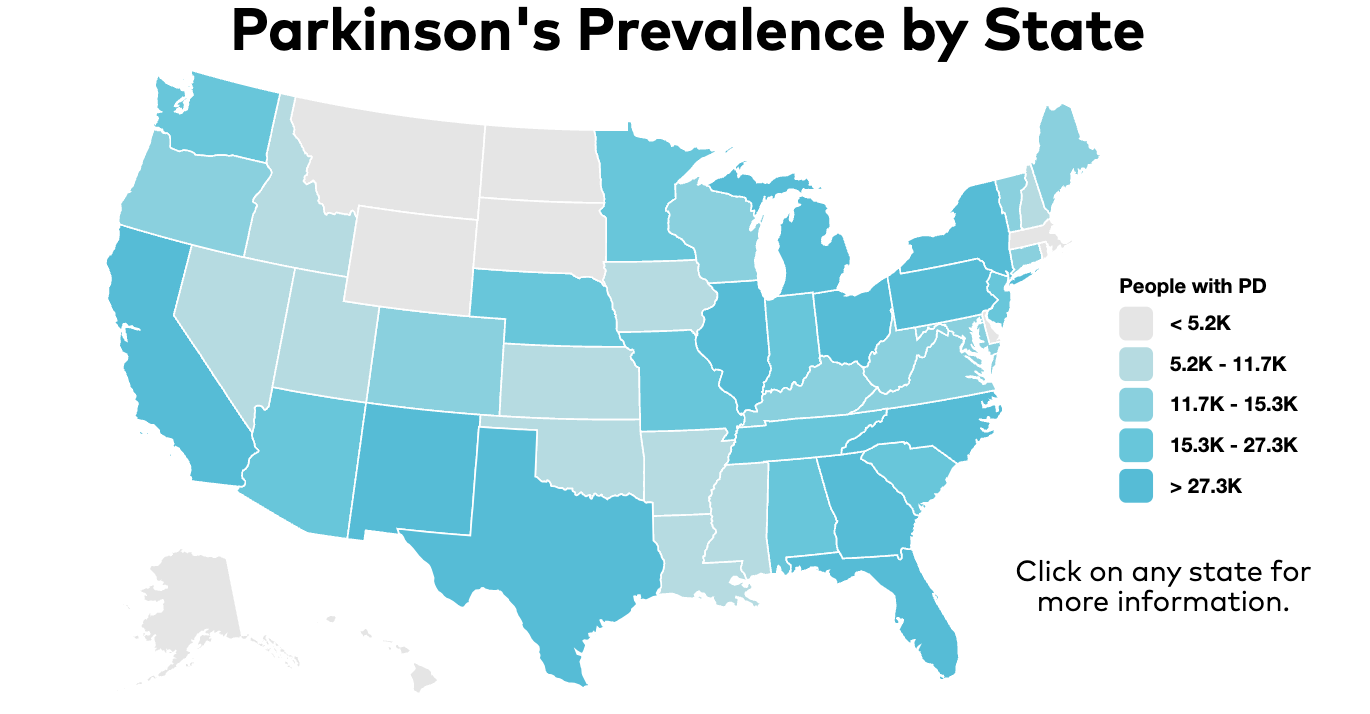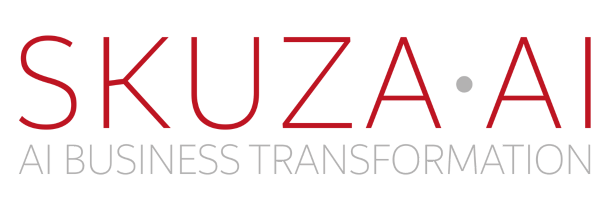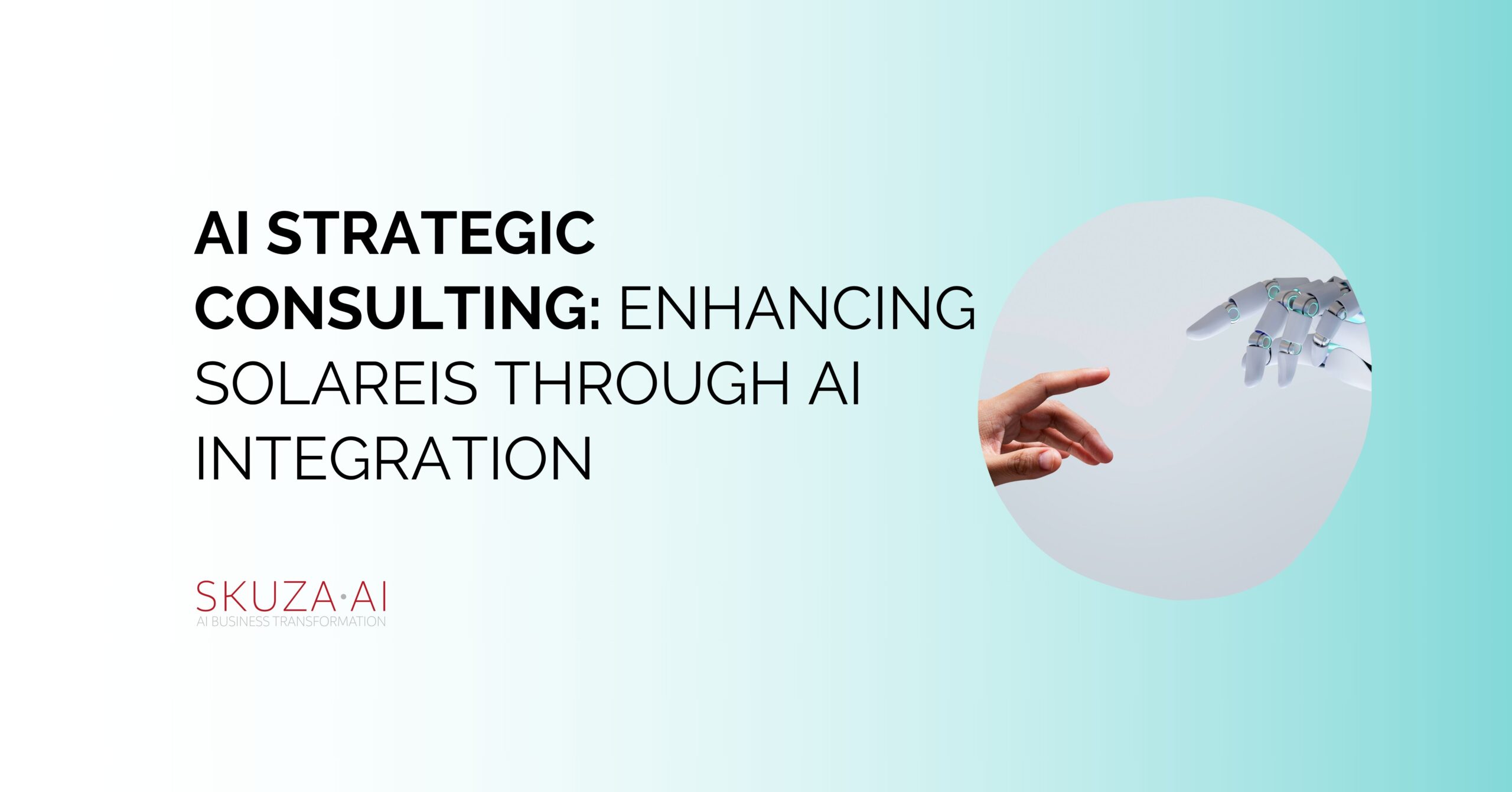Optimizing Motor Rehabilitation: Machine Learning Solutions for Parkinson’s and Stroke Recovery
This case study explores the problems we solved for a healthcare company that uses machine learning algorithms to improve the motor function of patients with Parkinson’s disease and patients in recovery after experiencing a stroke.
Introduction
The healthcare company, a leader in the rehabilitation industry, sought to enhance its service offerings with personalized therapeutic pathways. Faced with the challenge of variability in patient needs and the complexity of gait and balance metrics, they turned to us for our expertise in machine learning algorithms. The broader industry landscape underscores the importance of such personalized pathways, given the diverse progression and recovery patterns in Parkinson’s and stroke patients.
According to the Parkinson’s Foundation, nearly one million people in the U.S. are living with Parkinson’s disease, with 60,000 new cases diagnosed each year. Stroke statistics from the American Stroke Association highlight that every 40 seconds, someone in the United States has a stroke, and more than 795,000 people experience a new or recurrent stroke annually. These numbers reflect a significant portion of the population requiring specialized motor rehabilitation services.

The importance of personalized therapeutic pathways is paramount in this context. Each patient’s condition is unique, influenced by various factors such as the severity of the disease, individual health conditions, and response to therapy. Personalized pathways ensure that treatments are tailored to meet the specific needs of each patient, improving the efficacy of rehabilitation and ultimately enhancing patient outcomes. This tailored approach not only improves patient care but also streamlines the company’s operations and boosts customer satisfaction, leading to increased patient retention and positive word-of-mouth, which are critical for driving sales and growth.
Problems Addressed
The primary problems the healthcare company aimed to solve included:
- Developing personalized therapeutic pathways for patients with Parkinson’s and post-stroke recovery.
- Selecting and monitoring critical indicators to track patient progress effectively.
- Ensuring seamless integration of machine learning models with existing medical-grade devices.
- Enhancing the team’s competencies to support ongoing innovation and compliance with regulatory standards.
Recommendation of Therapeutic Pathways for Patients with Parkinson’s and After Strokes
First, we created detailed criteria for a machine learning model that can recommend therapeutic pathways for patients with Parkinson’s and after strokes. These criteria involved gait and balance metrics, correlation analysis between these metrics, selecting a suitable algorithm, designing the model training process, and creating an API for information exchange between the model and medical devices.
Rationale Behind the Solution:
- Selection of Machine Learning Algorithms: We conducted a thorough analysis of various algorithms, selecting those best suited for processing gait and balance metrics. The decision-making process involved comparative experiments to identify the most effective algorithm for therapeutic recommendations.
- Iterative Development Process: The model development was iterative, starting with detailed criteria for gait and balance metrics (e.g., number of steps, heel strike, step length, cadence). Each iteration involved data collection, preprocessing, feature extraction, and evaluation to refine the model continuously.
Key Steps in the Process:
- Definition of Gait and Balance Metrics: Metrics such as number of steps, heel strike, step length, cadence, stride time, symmetry, variability, and gait speed were selected for model evaluation and API integration.
- Correlation of Metrics with Sound: A correlation analysis between gait/balance metrics and sound was conducted to identify musical features enhancing motor function. This involved selecting analysis methods, correlating tests, and choosing musical features.
- Designing Requirements for ML Model: The focus was on selecting a suitable machine learning algorithm, conducting comparative experiments, and designing a dedicated algorithm for treatment recommendation based on specific metrics.
- Model Training Process: Once the algorithm was selected, the model was trained on a representative dataset. This involved data preparation, model training based on stages like data collection, preprocessing, feature extraction, and evaluation.
- API Design: Designing an API to exchange information between the model and medical devices. This involved defining requirements, architecture, development, testing, and ensuring security, privacy, compliance, and usability.
Results and Impact
The implementation of our solutions led to significant improvements:
- Improved Gait Metrics: Patients demonstrated improved gait metrics such as increased step length and reduced variability.
- User Satisfaction: High user satisfaction was achieved through personalized therapeutic pathways.
- Enhanced Therapeutic Outcomes: Overall therapeutic outcomes improved, with patients experiencing better motor function and quicker recovery times.
Selection of Indicators to Monitor
We also developed key indicators the healthcare company should monitor, involving the training of a machine learning model, integration of SoundSteps™ with medical-grade devices, data collection from users and devices, and iterative model refinement.
These indicators include:
- Data Collection and Model Training: Gathering data from users using the SoundSteps prototype in lab settings to train the ML model. Physiotherapists and experts adjust the sound to match the user’s gait.
- Integration and Iteration with Medical Devices: Developing algorithms to connect devices to SoundSteps, testing with healthy subjects, analyzing data for modifications, and iteratively training the ML model using gait sampling videos and paired partner devices.
- Data Collection from Partners: Partner universities collect data from SoundSteps users, analyze it for potential issues, and provide feedback.
- Personalized Playback Configurations: The ML model sends personalized music recommendations to SoundSteps devices. Recommendations are critiqued by partner institutions.
- Expert Tuning of ML Model: Experts in physical and music therapy review video footage and ML model recommendations.
- Infinite Model Training Process: Continuous refinement of the ML model using user feedback.
- Quality Metrics and User Satisfaction: Setting quality metrics for the ML model’s recommendations and aiming for high user satisfaction and improved gait.
Description of the Competencies of the Team Necessary to Carry Out the Task
We also helped the healthcare company develop a list of competencies to develop a team ideal for crafting the machine learning model.
These competencies include:
- Machine Learning and Data Science: Experts in machine learning and data science are crucial for developing, training, and refining the ML model.
- Physiotherapy and Rehabilitation: Physiotherapists play a vital role in understanding gait patterns, assessing user needs, and providing input for sound adjustments to match gait.
- Medical and Therapeutic Expertise: Medical professionals specializing in areas such as orthopedics, neurology, and rehabilitation medicine provide valuable insights into the correlation between gait metrics and therapeutic outcomes.
- Sound Engineering and Music Therapy: Professionals with knowledge in sound engineering and music therapy contribute to designing soundtracks that enhance motor function.
- Software Development and Integration: Skilled software developers are required to integrate SoundSteps with medical-grade devices, design the API, and ensure seamless communication between hardware and software components.
- User Experience (UX) Design: UX designers focus on creating intuitive interfaces for SoundSteps devices and associated applications.
- Regulatory Compliance and Legal Expertise: Professionals with knowledge of healthcare regulations, such as HIPAA and GDPR, ensure that SoundSteps complies with data privacy and security standards.
Conclusion
In conclusion, the project with the healthcare company focused on utilizing machine learning to enhance motor function in Parkinson’s and stroke patients. By recommending personalized treatment pathways and monitoring indicators, we emphasized interdisciplinary expertise for effective model development and implementation. This approach not only improved patient care and rehabilitation outcomes but also seamlessly integrated into the company’s operations. The enhanced service offerings led to higher customer satisfaction, increased patient retention, and positive word-of-mouth, which collectively drove business growth and boosted sales. By streamlining customer operations, the company was able to provide more efficient and effective care, enhancing overall operational efficiency. This successful integration of advanced technology underscores the significant impact personalized therapeutic pathways can have on both patient outcomes and the healthcare company’s market position.
Source:
https://www.parkinson.org/understanding-parkinsons/statistics

